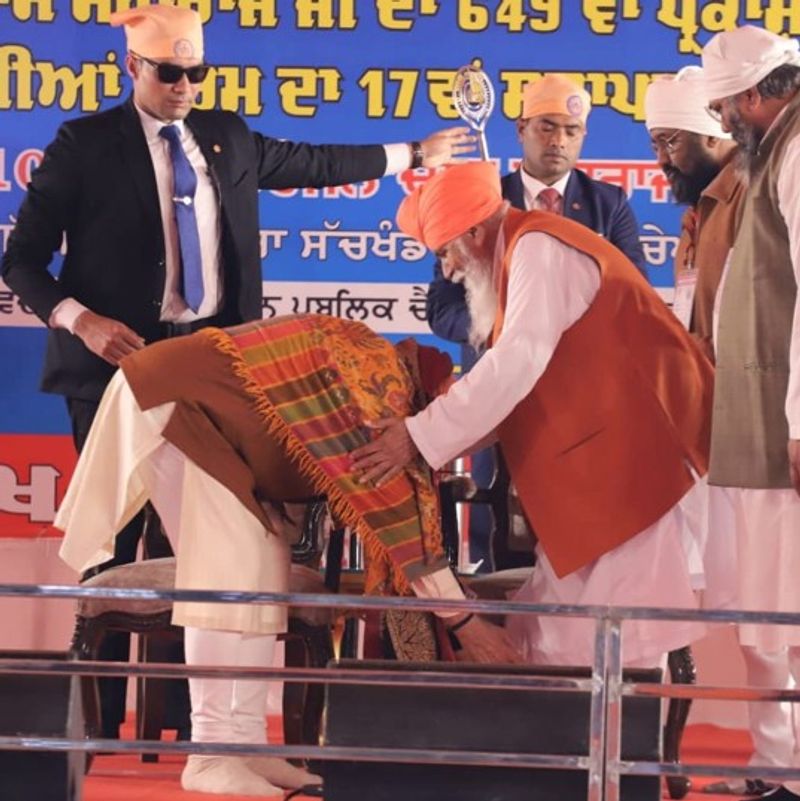Listen To This Post
New Delhi: Concerned over the usual spike in pollution levels during winter, the Supreme Court on Wednesday asked the Punjab government why errant farmers should not be arrested for indulging in stubble burning, a key contributor to North India’s worsening air quality. “You take a call, otherwise we will issue a mandamus,” a Bench comprising Chief Justice of India (CJI) B. R. Gavai and Justice K. Vinod Chandran told the Punjab government in strong remarks.
The court was hearing a suo motu plea on vacancies in the state pollution control boards of Uttar Pradesh, Haryana, Rajasthan, and Punjab. The Bench directed these states, along with the Commission for Air Quality Management (CAQM) and the Central Pollution Control Board (CPCB), to fill all vacancies within three months.
During the proceedings, CJI Gavai asked senior advocate Rahul Mehra, appearing for the Punjab government, why farmers who continue to burn stubble should not be penalised and arrested.
“Farmers are special and we are eating because of them, but that does not mean we cannot protect the environment. Why don’t you think of penalty provisions? If some people are behind bars, it will send the correct message. If you have a real intention of protecting the environment, why shy away?” the CJI observed.
The CJI also noted that stubble can be re-purposed as biofuel and expressed dissatisfaction over the lack of stringent action. “We cannot make this a five-yearly exercise,” he said, adding that the state must consider stronger punitive measures if it is serious about curbing pollution.
Defending the government, Mehra said Punjab has already taken several steps and claimed the pollution level has gradually come down. “It came down last year and will go further down now. In three years, a lot has been achieved and much more will be achieved this year,” he said.
According to Mehra, stubble-burning incidents in Punjab have reduced from around 77,000 to 10,000 in recent years. He cautioned, however, that arresting small farmers who own about one hectare of land could disproportionately harm them and their dependents.
When asked under which law stubble burning is prohibited, a lawyer pointed to the Environment Protection Act (EPA). The court was informed that criminal prosecution provisions under the EPA had been withdrawn.
“Why was it withdrawn? Having people behind bars will send the right message,” the CJI asked.
The Bench was further told that the CAQM Act provides for action against erring officials, but not against farmers directly. Senior advocate and amicus curiae Aparajita Singh reminded the court that despite subsidies, farm machinery, and repeated orders of the apex court since 2018, the ground situation has not improved substantially.
“Farmers have even reported that they are asked to burn stubble when satellites do not pass over their fields. Since 2018, extensive orders have been passed by this court and yet the State only pleads helplessness,” she said.
Acknowledging the concern, the CJI clarified that arrests need not be routine but may be required to set an example. “Not as a routine, but to send a message,” he remarked.
Additional Solicitor General Aishwarya Bhati, appearing for regulatory bodies, sought time to place updated status reports before the court. Last year, the Bench had even summoned the Chief Secretaries of Punjab and Haryana over the issue, underscoring the seriousness with which the apex court views the matter.















